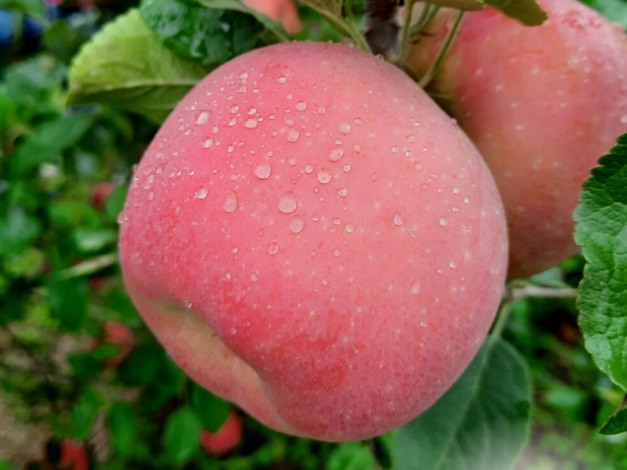Organic apples currently represent between 5 and 10% of the total market in Italy, a fairly stable share over time, but with an expanding production area. In 2023, in Italy, a total area of approximately 9,000 hectares was reached for the production of organic apples, with a growth of 5% compared to 2022. The production volumes of organic apples in Italy is also evolving positively: in 2023, they exceeded 200,000 tons, concentrated in three key regions such as Trentino-Alto Adige, Veneto and Emilia-Romagna, where organic farming practices are widespread. The growth of international demand is essential for the growth of the organic apple market.

According to Nomisma data, exports of Italian organic apples recorded an increase of 10% in 2023, with particular performances in Germany and France. The Benelux market, which the It's Bio project is targeting, sees a strong growth in demand for organic apples and the market is expected to continue to expand at a compound annual growth rate (CAGR) of over 10% by 2027 (Source: IFOAM Organics Europe). In Greece, the growth in demand for organic products is slower and is mainly recorded in large urban centers, but the forecasts are still positive. (Source: IFOAM)
The analysis of the profile of Italian organic apple consumers highlights the particular attention to health, environmental sustainability, and food quality. Organic apples are chosen to avoid synthetic chemicals and a natural diet based on foods that are perceived as safer and more nutritious, underlining how sensitivity towards environmental issues is high. Organic apple consumers are often people who choose sustainable products, concerned about the impact of agriculture on biodiversity and the climate. The main consumers are families, especially with small children, of a medium-high socioeconomic bracket willing to pay a higher price to have certified quality products. Today the challenges of organic apples are represented by increasingly environmentally friendly and sustainable production methods but also a varietal choice that combines tradition with innovation as in the case of the Gala and Candine varieties.
The Gala apple is highly appreciated for its sweet flavor and crunchiness and continues to be the protagonist of Italian tables, with volumes that are increasing compared to previous years. Alongside this traditional variety, Candine is establishing itself as an innovative variety that combines flavor and long shelf life, without sacrificing sustainability. Candine fits perfectly into the It's Bio project, an initiative that promotes the excellence of Italian organic production and respect for the environment, encouraging the adoption of low-impact agronomic techniques.
For more information:
It's Bio
Tel: +39 0547 317780
Email: [email protected]
Website: www.itsbio.it
